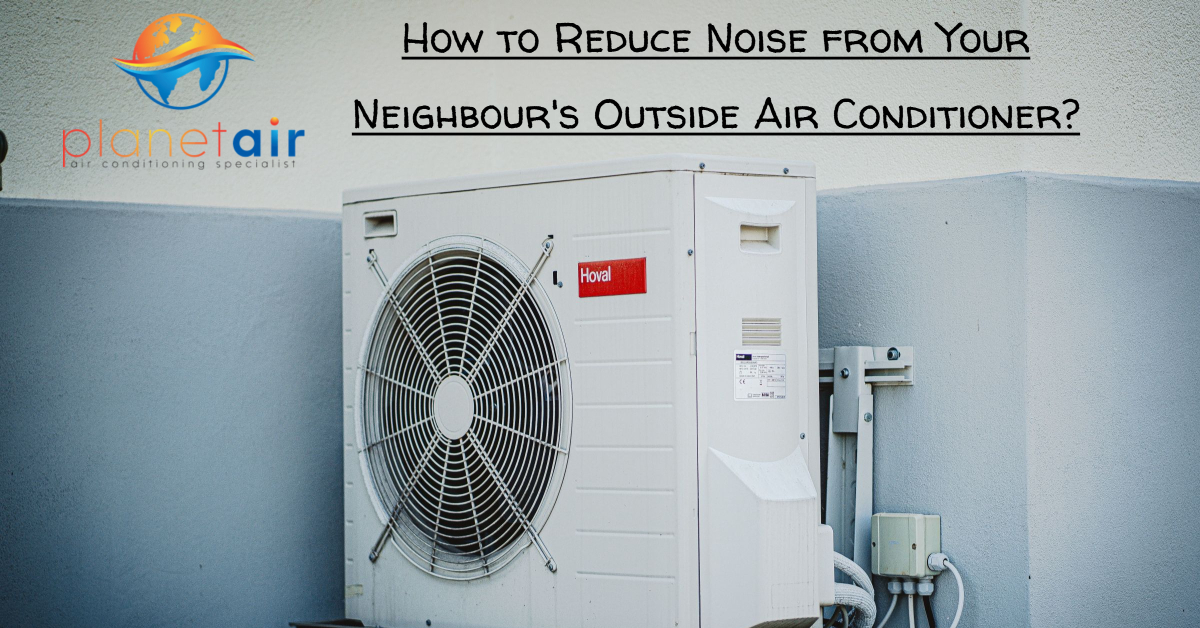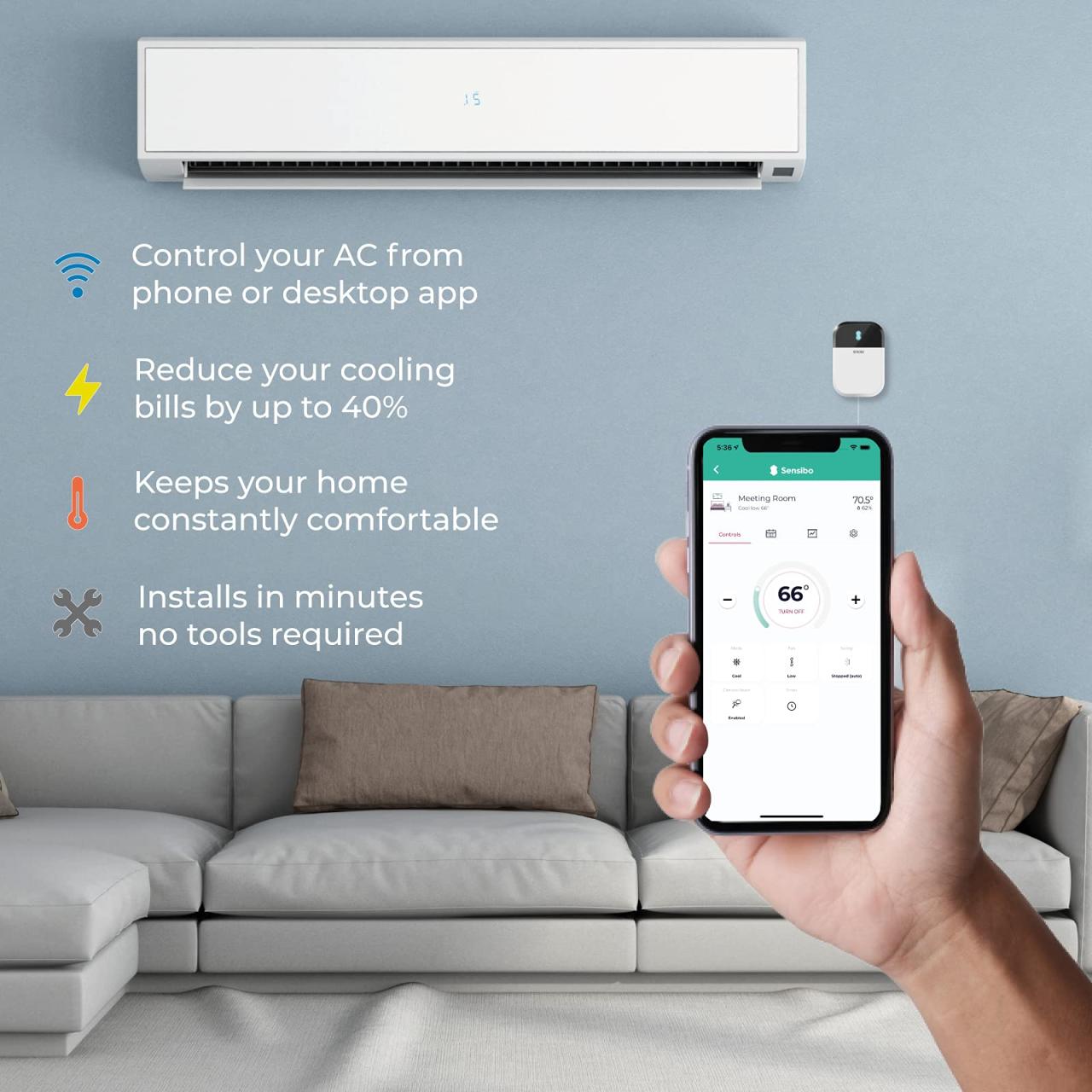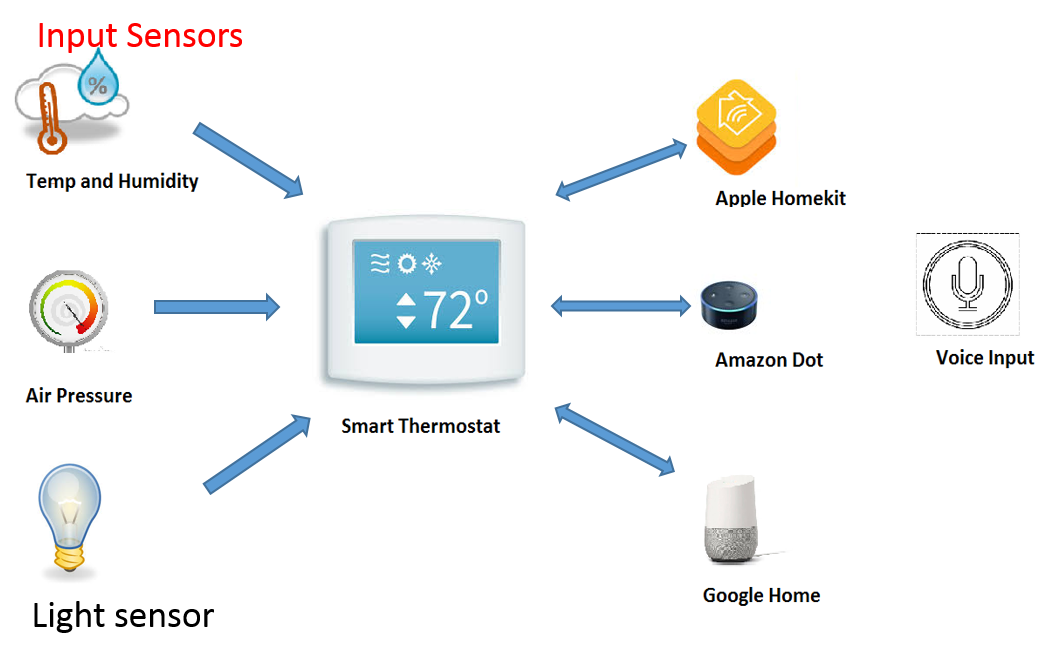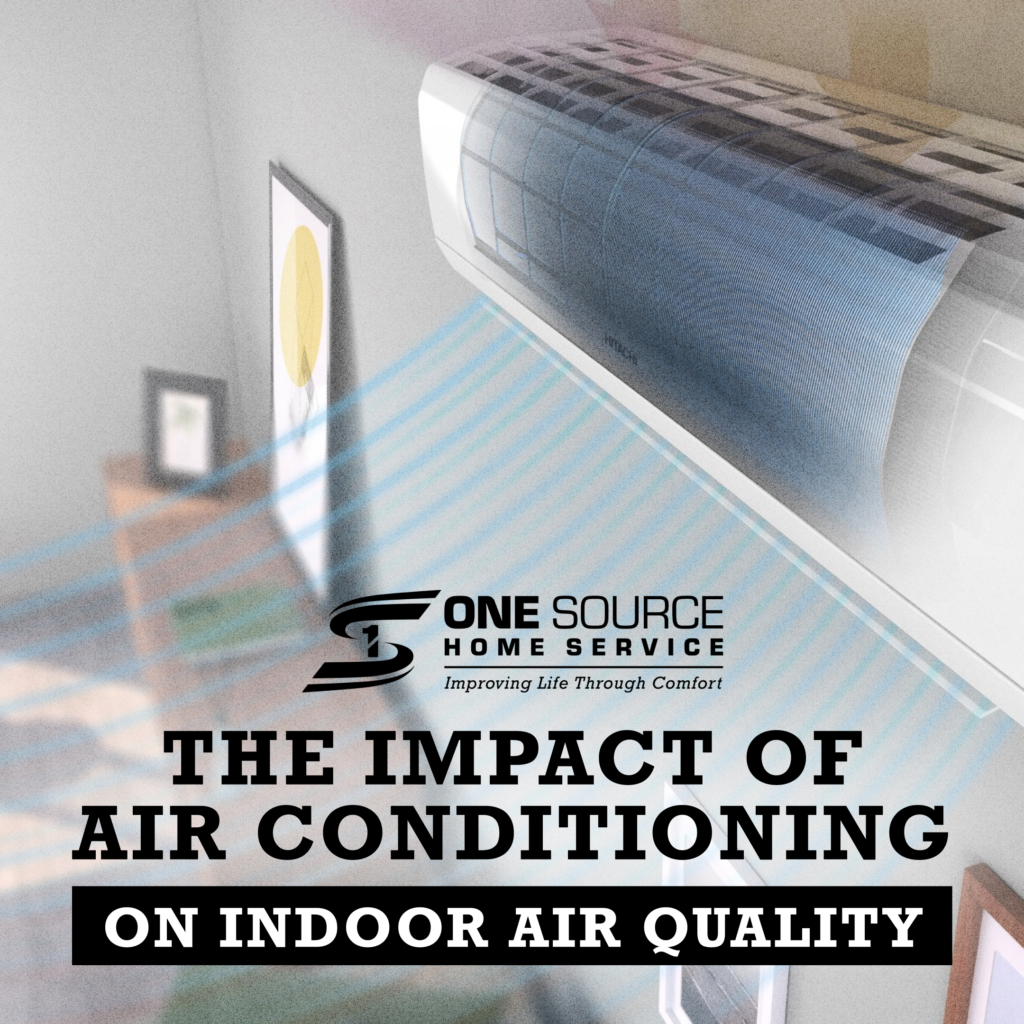Inverter vs non-inverter air conditioner: Which is better?
In the ongoing debate of Inverter vs non-inverter air conditioner: Which is better?, readers are invited to delve into a realm of knowledge that promises a rich and unique reading experience. This introductory paragraph sets the stage for an exploration of the differences between these two types of air conditioners, offering insight into their features, benefits, and overall performance.
Introduction
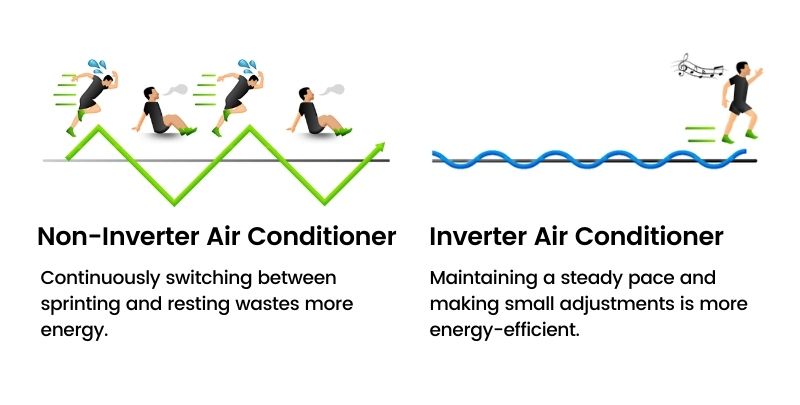
An air conditioner is an essential appliance for maintaining a comfortable indoor environment, especially during hot summer days. When it comes to air conditioners, there are two main types to consider: inverter and non-inverter.
Inverter air conditioners:These units use a variable speed compressor motor that adjusts the cooling capacity based on the room temperature. This results in more precise temperature control and energy efficiency.
Non-inverter air conditioners:On the other hand, non-inverter air conditioners have a fixed speed compressor that operates at full capacity until the desired temperature is reached, and then shuts off. This process repeats whenever the temperature needs to be maintained.
Differences between Inverter and Non-inverter Air Conditioners
- Energy Efficiency:Inverter air conditioners are generally more energy efficient than non-inverter models since they adjust the compressor speed according to the cooling needs, resulting in lower electricity consumption.
- Temperature Control:Inverter air conditioners provide more precise temperature control as they can adjust the cooling capacity continuously, while non-inverter units operate in a start-stop manner.
- Noise Levels:Inverter air conditioners tend to be quieter during operation compared to non-inverter models due to the variable speed compressor motor.
- Cost:Initially, inverter air conditioners may have a higher upfront cost than non-inverter units. However, the energy savings over time can offset this initial investment.
Energy Efficiency
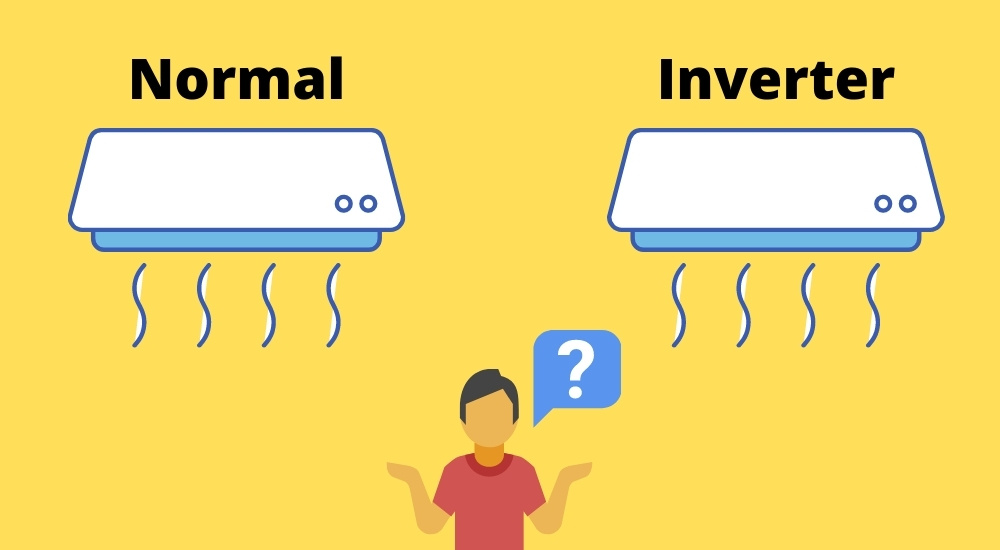
In terms of energy efficiency, there is a notable difference between inverter and non-inverter air conditioners. Inverter ACs use variable speed motors that adjust the compressor's speed based on the cooling needs, resulting in more energy-efficient operation. On the other hand, non-inverter ACs operate at a fixed speed, leading to frequent starts and stops to maintain the desired temperature, which consumes more electricity.
Impact on Electricity Consumption
- Inverter ACs consume less energy as they regulate the compressor speed, reducing electricity consumption by up to 30% compared to non-inverter models.
- Non-inverter ACs draw more power during startup and shutdown phases, resulting in higher electricity usage over time.
Utility Bill Examples
For example, let's consider a scenario where both an inverter AC and a non-inverter AC are used for the same amount of time to cool a room. The inverter AC, being more energy-efficient, will consume less electricity, leading to a lower utility bill compared to the non-inverter AC.
Performance and Cooling Capacity
In terms of performance and cooling capacity, both inverter and non-inverter air conditioners have their own strengths and weaknesses.
Cooling Capacity
Inverter air conditioners have variable speed compressors that can adjust the cooling capacity based on the room's temperature requirements. This allows for more precise temperature control and energy efficiency. On the other hand, non-inverter air conditioners operate at a fixed speed, leading to fluctuations in cooling capacity and energy consumption.
Consistent Room Temperature
Inverter air conditioners are better at maintaining a consistent room temperature compared to non-inverter models. The variable speed compressor in inverters can ramp up or down to meet the cooling demands, resulting in a more stable and comfortable indoor environment.
Non-inverter air conditioners, due to their fixed speed operation, may struggle to maintain a consistent temperature, leading to frequent on/off cycles.
Noise Levels and Overall Performance
In terms of noise levels, inverter air conditioners tend to be quieter during operation than non-inverter models. The variable speed compressor in inverters helps in reducing noise levels by running at lower speeds when the cooling demand is low
In terms of overall performance, inverter air conditioners are known for their energy efficiency, precise temperature control, and quieter operation, making them a preferred choice for many consumers.
Cost and Maintenance
When comparing inverter and non-inverter air conditioners, it is essential to consider not only the upfront costs but also the long-term maintenance requirements.
Initial Cost
Non-inverter air conditioners typically have a lower initial cost compared to inverter models. This can be appealing for those looking to save money upfront. However, it's important to note that inverter ACs are more energy-efficient, which can lead to cost savings in the long run.
Long-term Maintenance
Non-inverter air conditioners may require more maintenance over time due to their on-off cycling, which can lead to wear and tear on components. On the other hand, inverter ACs operate more smoothly and continuously, which can result in less strain on the system and potentially lower maintenance needs.
Repair Costs and Lifespan
In terms of repair costs, non-inverter air conditioners may be more prone to breakdowns due to the frequent cycling on and off. This can lead to higher repair costs over the lifespan of the unit. Inverter ACs, with their smoother operation, may have fewer breakdowns and therefore lower repair costs.
Environmental Impact
When it comes to the environmental impact of air conditioners, both inverter and non-inverter types play a significant role in contributing to carbon footprint. Let's explore how each type affects the environment and what eco-friendly features they offer.
Inverter Air Conditioners
Inverter air conditioners are known for their energy efficiency, which ultimately leads to lower energy consumption. This means that they produce fewer greenhouse gas emissions compared to non-inverter models. In addition, many inverter air conditioners use eco-friendly refrigerants such as R-32 or R-410A, which have lower global warming potential than older refrigerants like R-22.
These features make inverter air conditioners a more environmentally friendly choice.
Non-Inverter Air Conditioners
Non-inverter air conditioners are generally less energy efficient than their inverter counterparts. As a result, they consume more electricity, leading to higher carbon emissions. Older non-inverter models also often use refrigerants with higher global warming potential, such as R-22. While newer non-inverter models may use more eco-friendly refrigerants, they still tend to have a higher environmental impact compared to inverter units.Overall, inverter air conditioners are the more environmentally friendly option due to their energy efficiency and use of eco-friendly refrigerants.
When considering the environmental impact of air conditioning systems, opting for an inverter model can help reduce carbon footprint and contribute to a more sustainable future.
Closing Notes
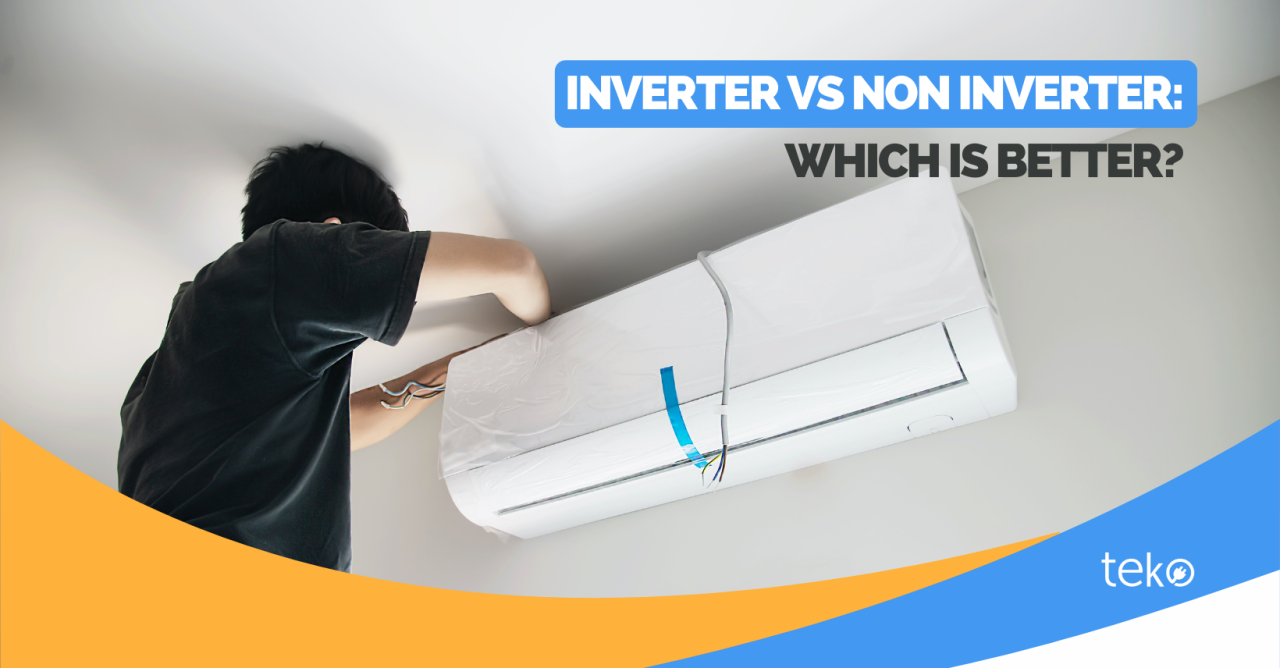
As we reach the conclusion of this discussion on Inverter vs non-inverter air conditioner: Which is better?, it becomes evident that each type has its own strengths and weaknesses. By weighing the factors of energy efficiency, performance, cost, maintenance, and environmental impact, individuals can make an informed decision based on their specific needs and preferences.
Expert Answers
Which type of air conditioner is more energy-efficient?
Inverter air conditioners are generally more energy-efficient compared to non-inverter ones due to their ability to adjust compressor speed based on cooling requirements.
Do inverter air conditioners have better cooling capacity than non-inverter ones?
Yes, inverter air conditioners typically have better cooling capacity as they can maintain a consistent room temperature more effectively.
Are inverter air conditioners more expensive to maintain than non-inverter ones?
While the initial cost of inverter air conditioners may be higher, they usually have lower long-term maintenance requirements, resulting in potentially lower overall maintenance costs.
Do inverter air conditioners have a lower environmental impact compared to non-inverter ones?
Yes, inverter air conditioners tend to have a lower environmental impact as they consume less energy and often use more eco-friendly refrigerants.

